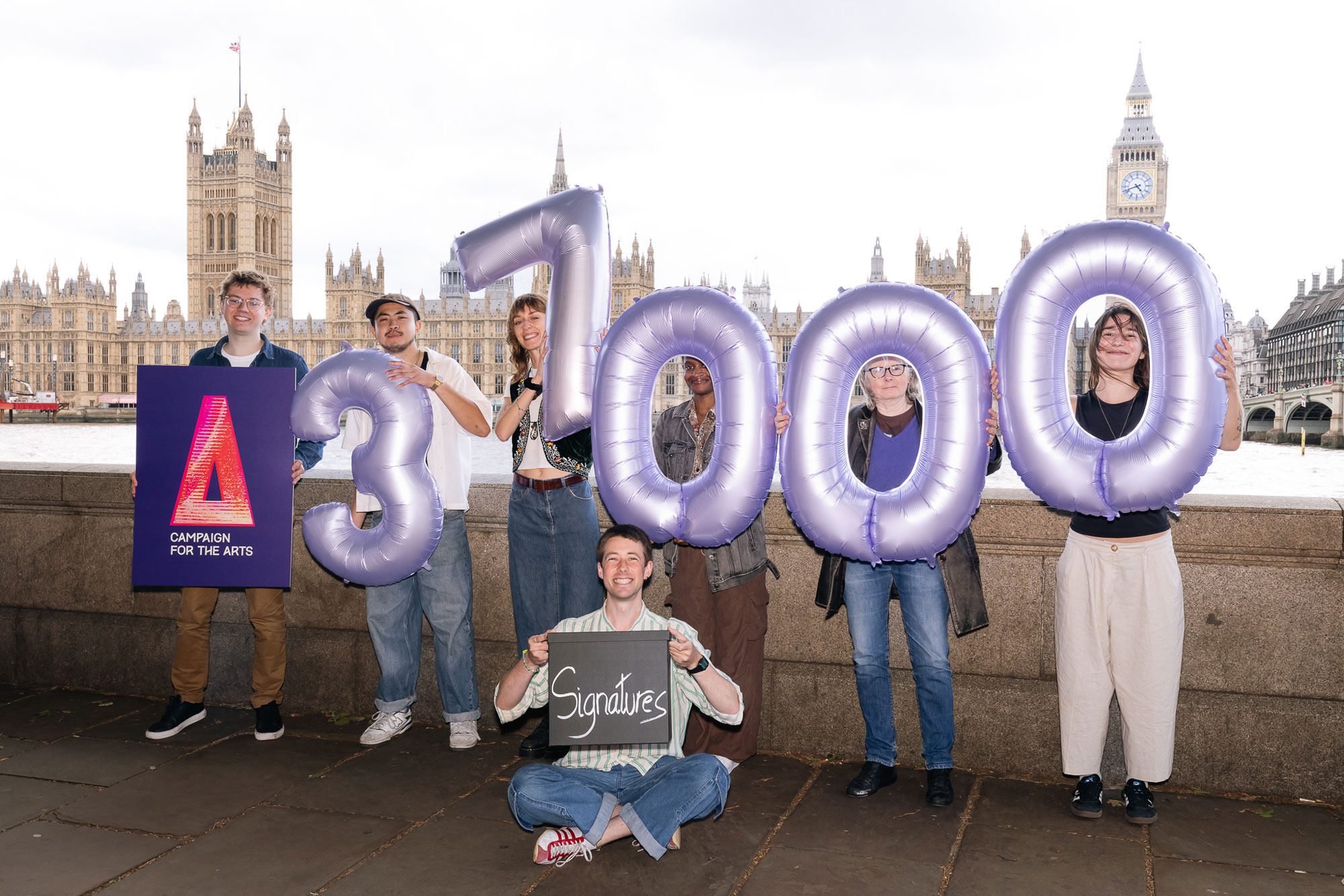A new report from the Campaign for the Arts and The University of Warwick has unveiled a crisis in the UK’s arts and culture sector.
The State of the Arts reveals that the UK has one of the lowest levels of government spending on arts and culture among European countries, having slashed its total culture budget by 6% since 2010.
Meanwhile, countries like Germany, France and Finland have increased their spending by up to 70%.
Jack Gamble, Director of the Campaign for the Arts, said:
“The arts matter to all of us, and yet the UK’s arts sector is running on empty. It’s time to change the record. Let’s unlock the potential of the arts to transform lives, communities and our whole country for the better.”
Dr Heidi Ashton, lead researcher at The University of Warwick, commented:
“The cuts to arts funding are not just numbers on a page, they represent a significant erosion of our cultural infrastructure. This neglect not only stifles creativity but also diminishes the social and economic benefits that the arts bring to our communities.”
The report’s analysis, covering from 2009-10 to 2022-23, shows local government revenue funding for culture plummeted by 48% in England, 40% in Wales and 29% in Scotland.
The report highlights a disturbing trend in arts education and employment, with GCSE and A-level entries in arts subjects plummeting by 47% and 29% respectively since 2010.
This has been exacerbated by the UK Government’s segregation of arts from ‘strategically important’ subjects and a 50% cut in funding for arts and creative courses in higher education.
The report also investigates the earnings of arts professionals in the Cultural Sector. It found them to be consistently below the UK median, with significant regional and gender pay disparities, particularly stark in the crafts sub-sector where men earn 70% more than women.
This report underscores the precariousness of freelance work, low wages, and the unequal distribution of wealth in the cultural sector.
These factors pose significant challenges to the sustainability of the arts, especially for people from lower socio-economic backgrounds who lack financial support to sustain their career.
This report serves as a stark warning and a call to action for policymakers, stakeholders, and the public.



